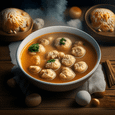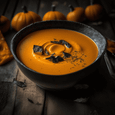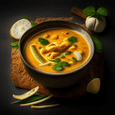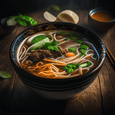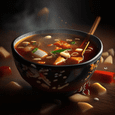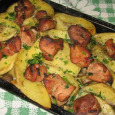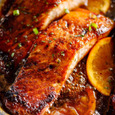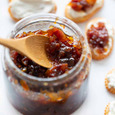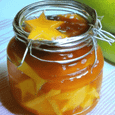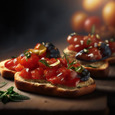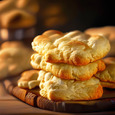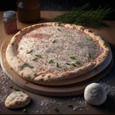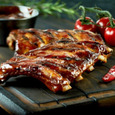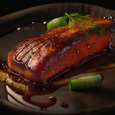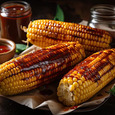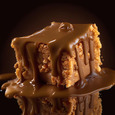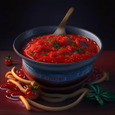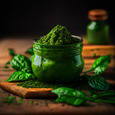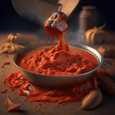The History of Culinary Arts
The world of culinary arts has a rich and fascinating history. From ancient civilizations to modern-day master chefs, this art form has evolved and flourished throughout time. Culinary arts involve the preparation, cooking, and presentation of food and are widely considered a form of artistic expression.
Early Culinary Traditions
One interesting fact about culinary arts is that they have roots in early human civilization. The desire to cook and prepare food in a creative and flavorful way can be traced back thousands of years. Ancient civilizations like the Egyptians and Romans placed great importance on food preparation and dining, showcasing their culinary skills and techniques.
The Pursuit of Culinary Education
If you're passionate about culinary arts, you may choose to pursue a formal education. Culinary schools and programs offer aspiring chefs the opportunity to refine their skills and learn from industry professionals. These institutions provide hands-on training, culinary theory, and a foundation of knowledge that can propel a career in the culinary arts.
Famous Chefs and Their Contributions
Many renowned chefs have made significant contributions to the world of culinary arts. From Julia Child to Gordon Ramsay, these chefs have not only delighted taste buds but have also revolutionized cooking techniques. Their innovation, creativity, and dedication to the craft have inspired aspiring chefs around the globe.
Diverse Culinary Traditions
Culinary arts offer a diverse range of cuisines from around the world. Each culture has its own unique flavors, ingredients, and cooking techniques. Exploring international cuisine not only expands your culinary knowledge but also broadens your cultural understanding. From spicy Thai dishes to comforting Italian pasta, there's a world of flavors waiting to be explored.
The Role of Technology
Technology has had a significant impact on the culinary arts. From advanced kitchen appliances to innovative cooking techniques, chefs now have access to tools that enhance their culinary creations. Sous vide cooking, molecular gastronomy, and precision cooking methods are just a few examples of how technology has shaped the culinary world.
The Versatility of Culinary Careers
A culinary arts degree opens up a world of career opportunities. Chefs can work in restaurants, hotels, resorts, private catering, or even start their own businesses. Additionally, culinary skills are in demand in various industries, including food media, food styling, recipe development, and food product research.
Fusion Cuisine
Fusion cuisine combines elements from different culinary traditions to create innovative and unique flavors. Chefs experiment with combinations of ingredients and cooking techniques to develop exciting new dishes. Fusion cuisine represents the evolution and constant reinvention of culinary arts.




















